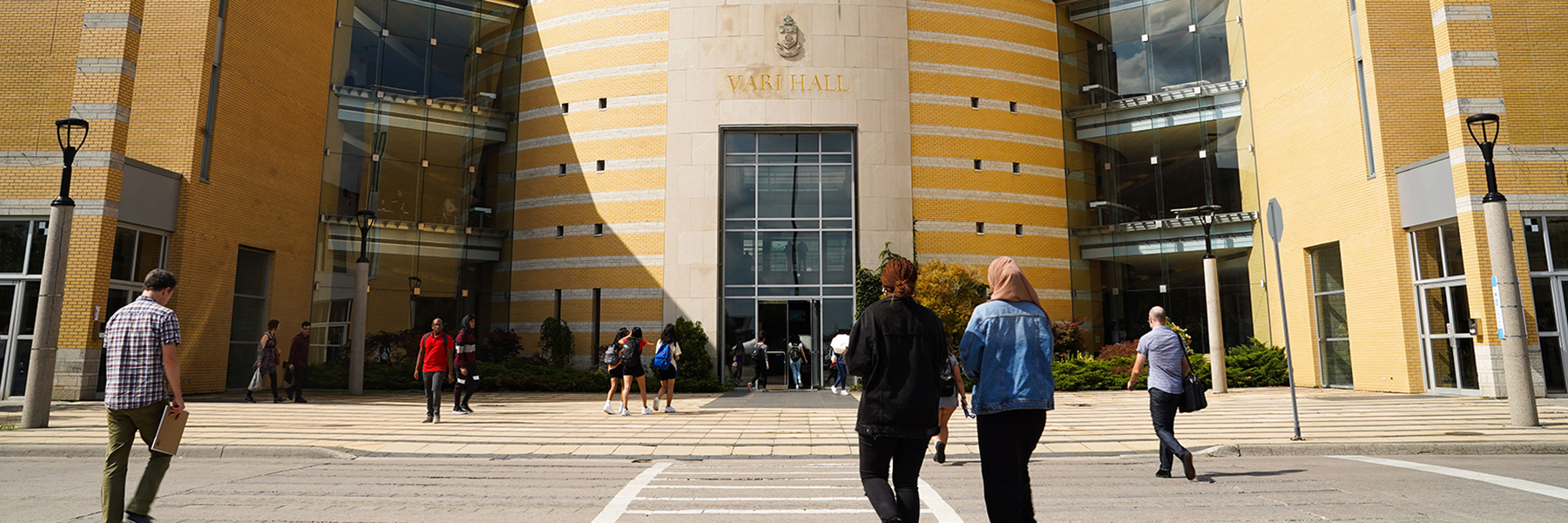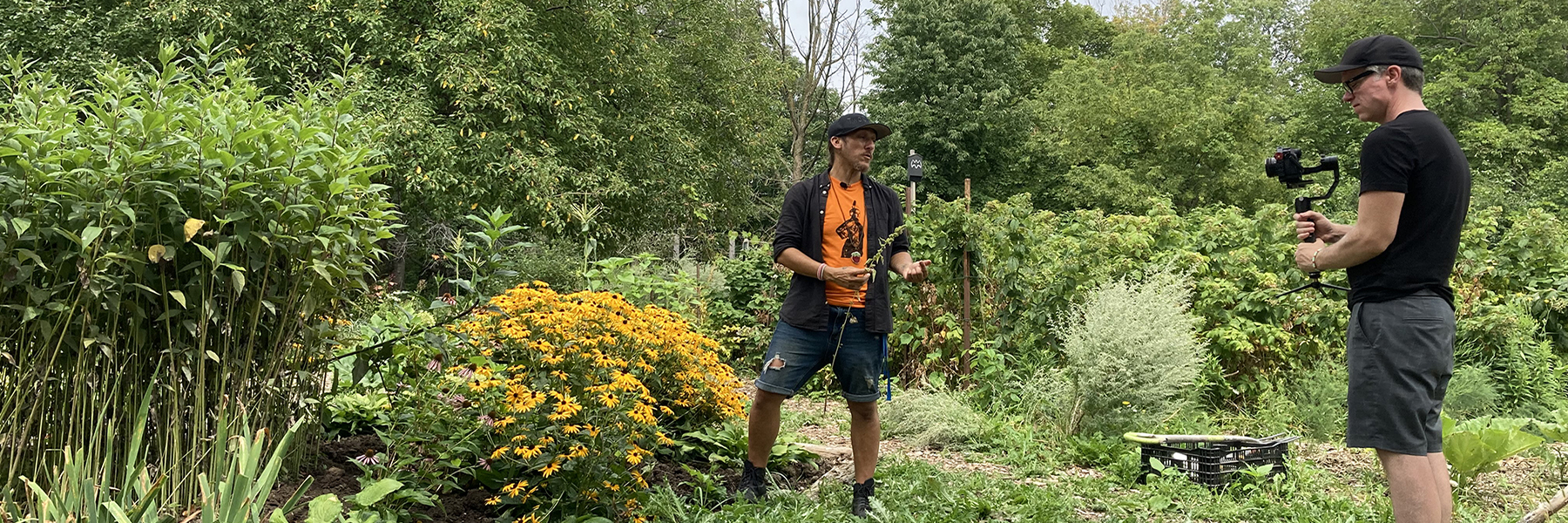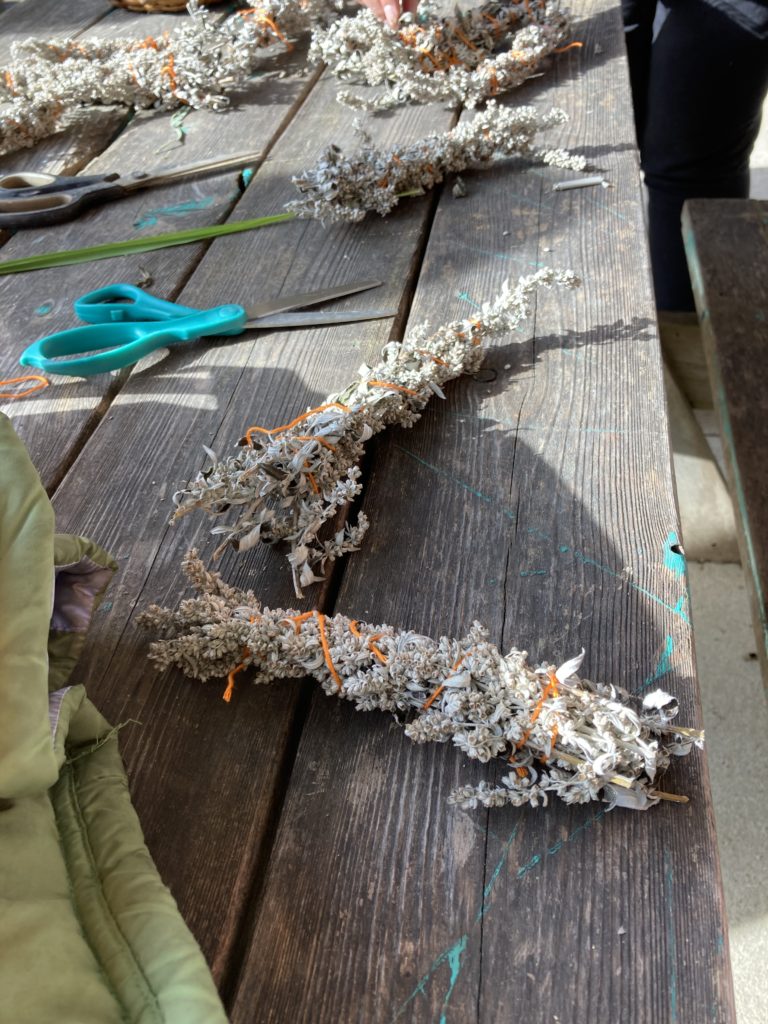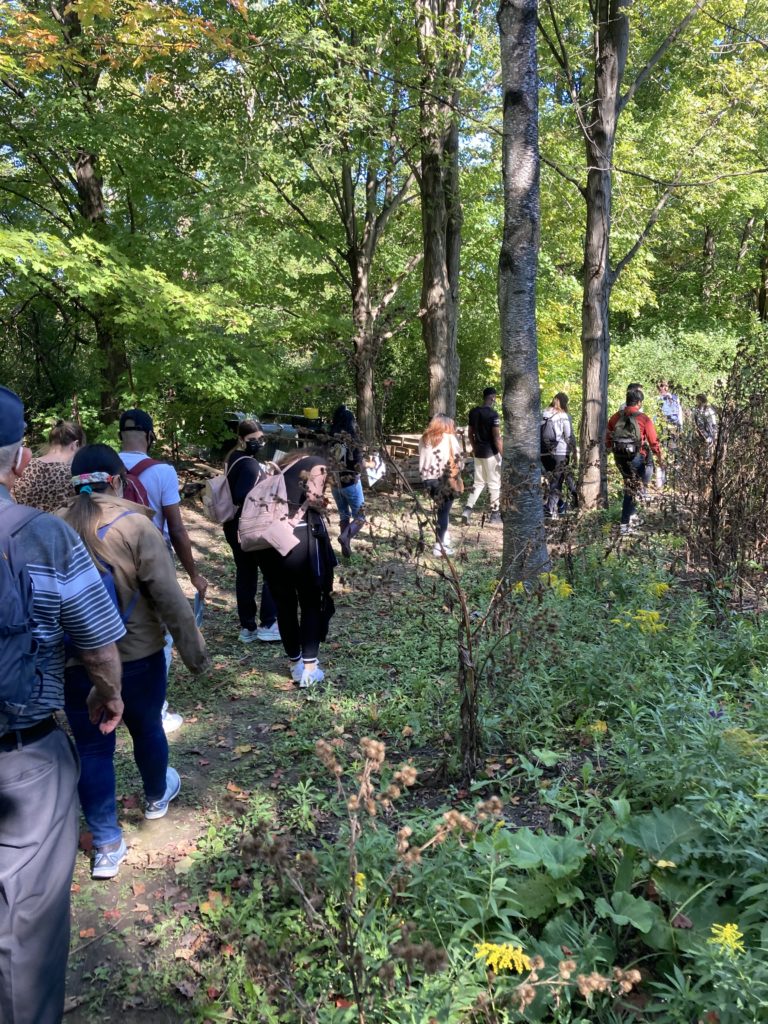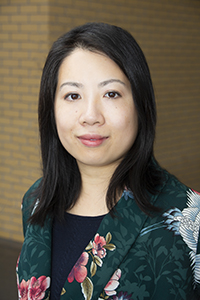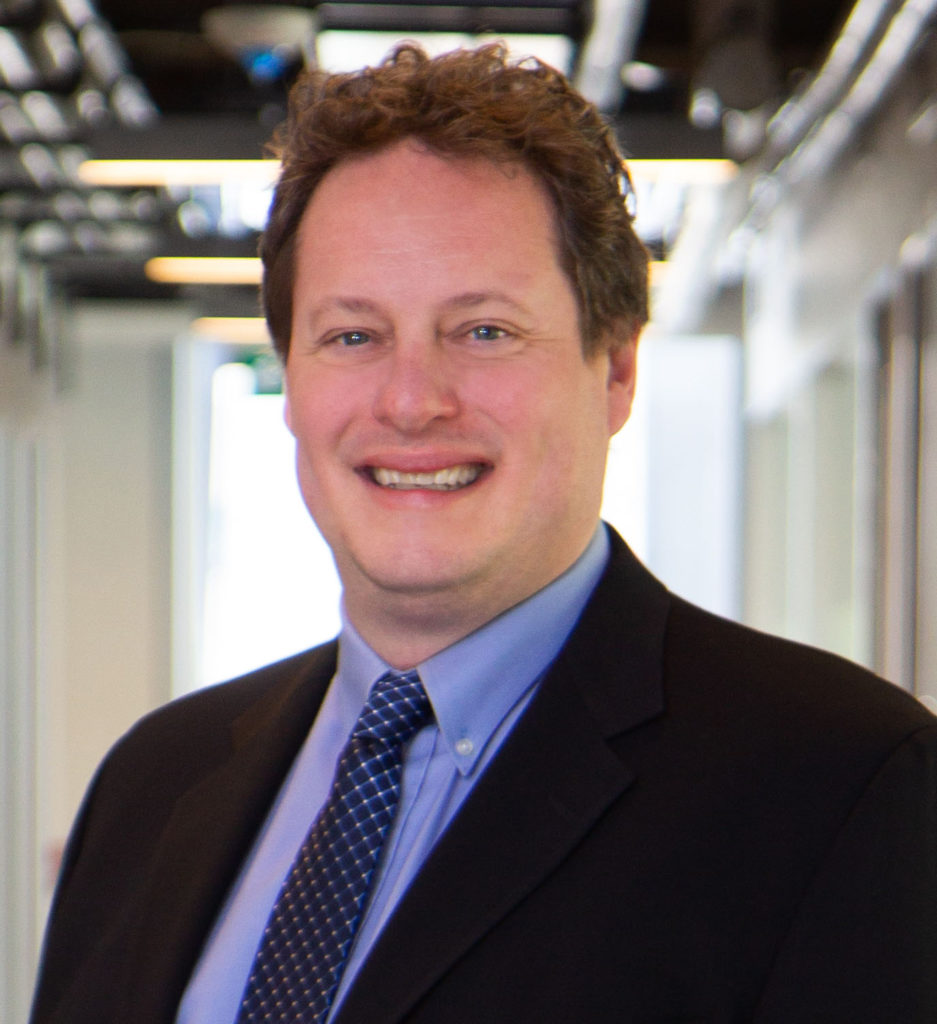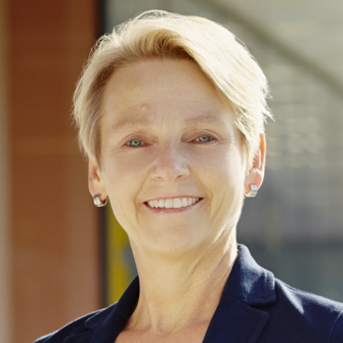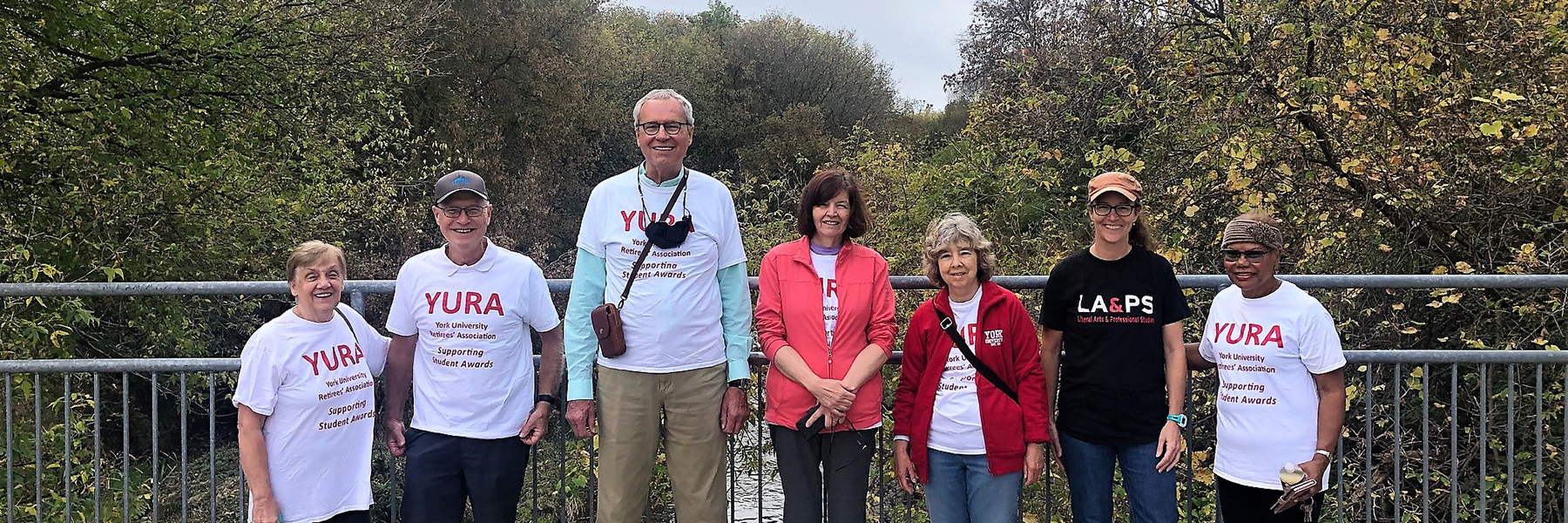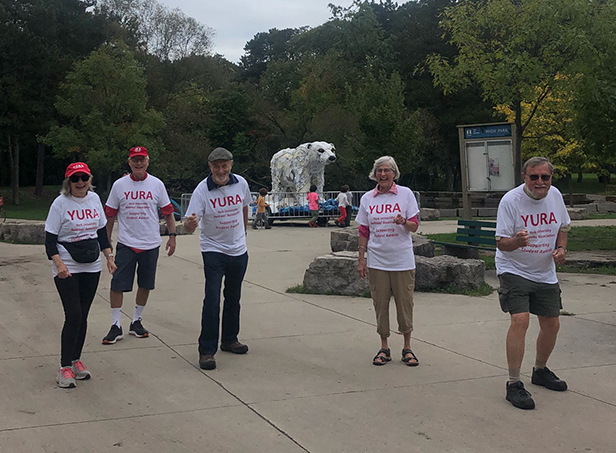Students, faculty, course directors and staff at York University are invited to a virtual town hall planned for Friday, Nov. 5. The event will provide community members with an opportunity to discuss ongoing plans for the safe return of in-person activities this academic year.
Rhonda L. Lenton, president and vice-chancellor of York University, extends the following invitation to university community members:
La version française suit la version anglaise.
Dear York community,
We are pleased to announce that we will be holding a virtual town hall on Friday, Nov. 5, where we will discuss the University’s ongoing plans for the safe return of in-person activities.
We invite all students, staff, course directors and faculty to attend, and to submit their questions in advance of the event using this form. Community members can also visit the updated Better Together FAQs web page for answers to frequently asked questions about enhanced health and safety measures, vaccination requirements, the University’s plans for the winter term and more.
Date: Friday, Nov. 5
Time: 2:30 to 4 p.m.
Zoom Webinar:
yorku.zoom.us/j/93627693575?pwd=REhzSjJOV1lTbmxOZXVVcnFMZXFpQT09
Webinar ID: 945 9966 4106
Telephone Dial-In: 647-374-4685
Password: 629214
Link to Livestream: youtu.be/9Z0PIrX9pas
To help answer your questions, I will be joined by:
- Lisa Philipps, provost and vice-president academic;
- Amir Asif, vice-president research and innovation;
- Carol McAulay, vice-president finance and administration;
- Lucy Fromowitz, vice-provost, students; and
- Parissa Safai, special advisor to the president for academic continuity planning and COVID-19 response and associate professor, School of Kinesiology and Health Science.
If you have any accessibility needs, notes or comments, please let us know.
We will be hosting this town hall via the video conferencing platform Zoom Webinar. You can learn about downloading and using Zoom here. The webinar will also be livestreamed on the town hall website.
If you have attended a past town hall, we would like your feedback through this short survey. If you were unable to attend previous town halls, you can access all of them here.
The latest community updates, resources and answers to frequently asked questions can always be found on our Better Together website.
I look forward to your questions.
Sincerely,
Rhonda L. Lenton
President & Vice-Chancellor
Joignez-vous à la communauté de York pour une conversation communautaire virtuelle le 5 novembre
Chers membres de la communauté de York,
Nous avons le plaisir de vous annoncer que nous tiendrons une conversation communautaire virtuelle le vendredi 5 novembre, au cours de laquelle nous discuterons des plans actuels de l’Université pour la reprise sécuritaire des activités en personne.
Nous invitons tous les membres de la communauté étudiante, du personnel et du corps professoral ainsi que les chargés de cours à y assister et à soumettre leurs questions avant l’événement à l’aide de ce formulaire. Les membres de la communauté peuvent également consulter les dernières mises à jour de la FAQ sur le site Better Together pour voir les réponses aux questions fréquemment posées au sujet des mesures de santé et de sécurité, des exigences en matière de vaccination, des plans de l’Université pour le trimestre d’hiver et bien plus encore.
Date : Vendredi 5 novembre 2021
Heure : 14 h 30 – 16 h
Webinaire Zoom :
https://yorku.zoom.us/j/93627693575?pwd=REhzSjJOV1lTbmxOZXVVcnFMZXFpQT09
Code du webinaire : 945 9966 4106
Numéro de téléphone : 647-374-4685
Mot de passe : 629214
Lien pour la diffusion en direct : https://youtu.be/9Z0PIrX9pas
Pour m’aider à répondre à vos questions, je serai accompagnée de :
- Lisa Philipps, rectrice et vice-présidente aux affaires académiques
- Amir Asif, vice-président de la recherche et de l’innovation
- Carol McAulay, vice-présidente des finances et de l’administration
- Lucy Fromowitz, vice-rectrice aux affaires étudiantes
- Parissa Safai, conseillère spéciale de la présidente pour la planification de la continuité académique et la réponse à la COVID-19, École de kinésiologie et des sciences de la santé
Si vous avez des besoins, des remarques ou des commentaires en matière d’accessibilité, veuillez nous le faire savoir.
Cette conversation communautaire aura lieu grâce à la plateforme de visioconférence Zoom Webinar. Vous pouvez télécharger Zoom et apprendre à vous en servir ici. Le webinaire sera également diffusé en direct sur le site Web des conversations communautaires.
Si vous avez déjà assisté à une conversation communautaire, nous aimerions connaître votre opinion avec ce bref sondage. Si vous n’avez pas pu assister aux conversations précédentes, elles sont affichées ici.
Vous trouverez les dernières mises à jour, ressources et réponses aux questions fréquemment posées sur notre site Web Better Together.
J’attends vos questions avec impatience.
Sincères salutations,
Rhonda L. Lenton
Présidente et vice-chancelière



